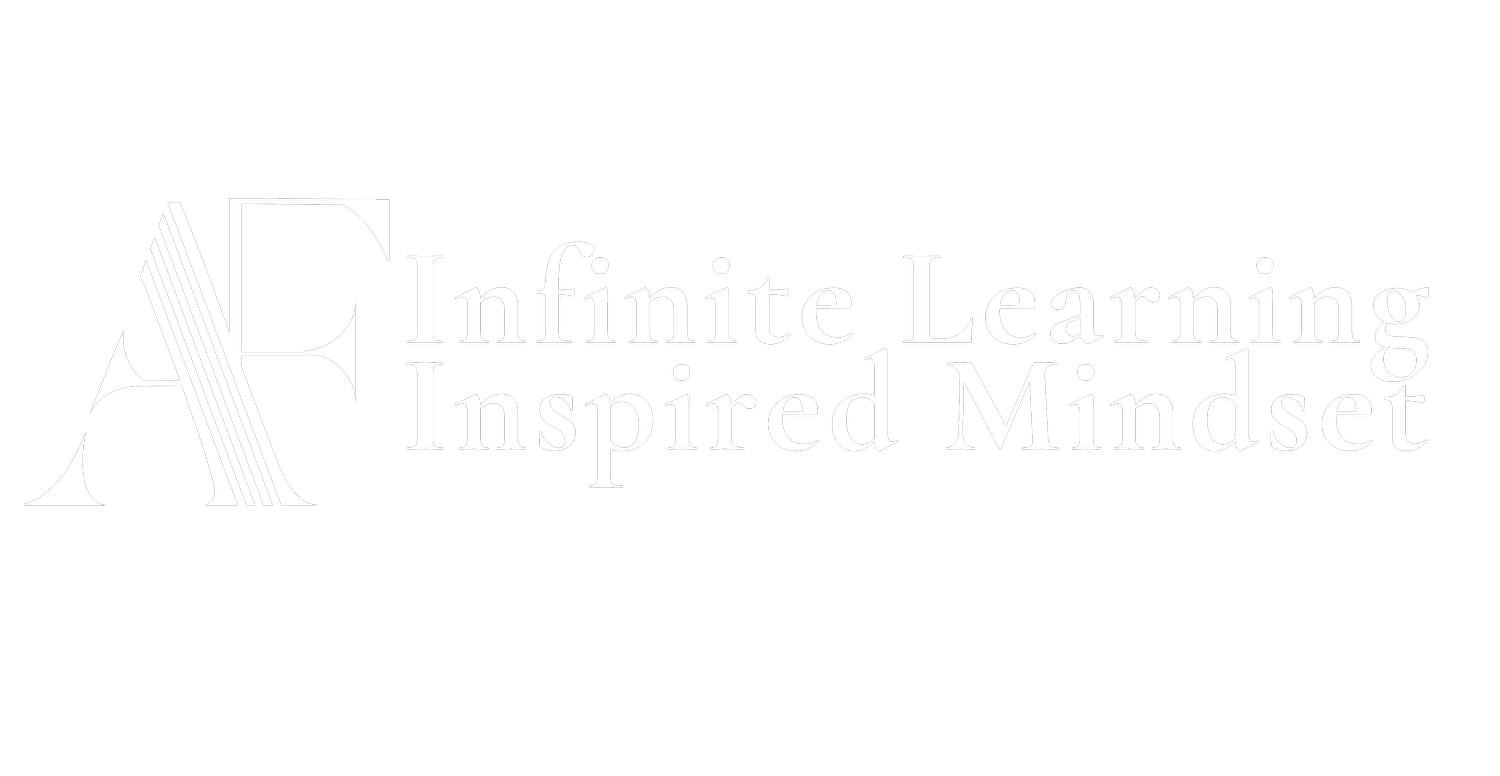The 4 Essential Skills of Personalization
This article originally appeared in Forbes.
It’s easy to say we value diverse thinking. But from my experience, many people can’t tolerate it in practice. That’s because diverse thinking means you have to be open to differing opinions, you have to welcome a variety of ways of working, and you have to be willing to listen to people outside your area of expertise.
We know we need diversity of thought, but we’re more comfortable with conformity of thought. This is another obstacle in our quest for personalization within our workplaces. But there are skills we can develop to help us overcome these obstacles.
In this series, we’ve established that healthcare leaders need to know how to lead with personalization, meaning they have to see patients and employees in their full humanity. We’ve talked about why personalization is important, and how we can shape our organizational cultures to facilitate it.
But how?
Personalization requires diversity of thought, and diversity of thought requires personalization. So, what skills do you need as a leader, to foster an organizational culture that promotes personalization?
This article is the fifth in a 14-part weekly series, during which I am sharing insights from the recent 2024 Healthcare in the Age of Personalization Summit. Throughout the summit, we heard from a wide range of healthcare experts—leaders spanning all facets of healthcare organizations from the boardroom and C-suite to the patient’s bedside—covering topics such as reinvention strategies, what nurses can teach CEOs about leadership, earning patient trust, and much more.

